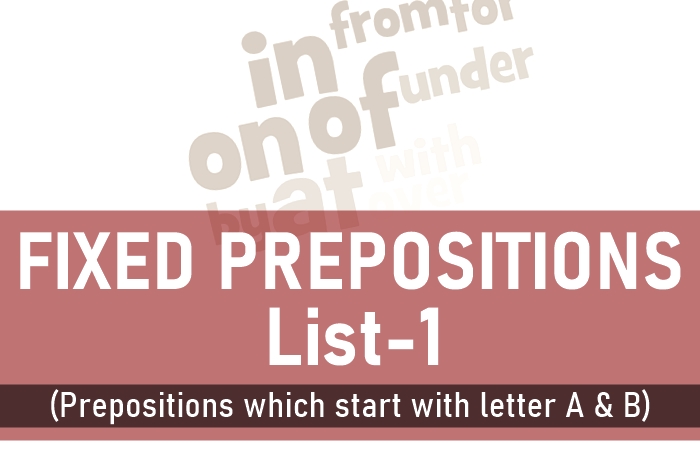Difference between Keep, Kept, Will Keep and Keep on, Kept On, Will Keep on, respectively
Category: English || Published on : 2020-08-27 10:03:28 || Author : TILS EDUCATION 13986

As we all know the use of KEEP in English in a sentence not as a main verb is where something is being done in a regular or in a continuing way. But here we have one more thing to discuss that is KEEP ON. There is a very little difference between KEEP and KEEP ON, that can help us in differentiating between both and help us to have correct use of both. Let’s learn the difference.
KEEP v/s KEEP ON
KEEP is used in a sentence to express the regularity of some action. Something which is being done on a regular basis is shown by KEEP. Whereas KEEP ON is used in a sentence to express the continuity of some action. Something which is being done in a continuous manner is shown by KEEP ON.
KEEP and KEEP ON both are used when the sentence is in present. Let’s understand both with an example: -
• I have completed my 12th class, now I keep pondering about my career.
• He keeps talking about India’s problems as he really wants to bring change.
• He keeps planting new plants as he promised himself to plant more trees.
In the above examples, the performers are doing the work on a regular basis, not in a continuing way. A person may think, talk, plant and many more actions can do on a regular basis but that is not necessary that they should be or they are on a continuing basis.
• She keeps on watching T.V. serials as she has holidays in school.
• He keeps on eating on Sundays.
• Kids keep on eating chocolates from refrigerator.
In above example, the performers of the sentences are doing the work on continuing basis instead of being regular. Continuity is something that you keep on doing that work in every some hours. and regularity comes when you keep doing something in some days, not having a certain duration.
KEPT v/s KEPT ON
KEPT is used in a sentence to express the regularity of some action of past. Something which was being done on a regular basis is shown by KEPT. Whereas KEPT ON is used in a sentence to express the continuity of some action in past. Something which was being done in a continuing manner is shown by KEPT ON.
KEPT and KEPT ON both are used when the sentence is in past. Let’s understand both with example: -
• After completing class 12th, I kept looking for new courses.
• He kept talking about India’s problems before becoming a political leader.
• In order to fulfil his promise, he kept planting more trees.
In the above examples, the performers were doing the work on a regular basis, not in a continuing way. A person may do many actions on a regular basis but that is not necessary that they should be or they were on a continuing basis.
• She kept on watching T.V. serials in summer vacation.
• He kept on eating for the whole day due to stress.
• Children kept on eating chocolates as no one was at home.
In the above example, the performers of the sentences were doing the work on a continuing basis instead of being regular. Continuity is something that you kept on doing that work in every hour. and regularity comes when you kept doing something in some days, not having a certain duration.
WILL KEEP v/s WILL KEEP ON
WILL KEEP is used in a sentence to express the regularity of some action for the future. Something which will be being done on a regular basis is shown by WILL KEEP. Whereas WILL KEEP ON is used in a sentence to express the continuity of some action in the future. Something which will be being done in a continuous manner is shown by WILL KEEP ON.
WILL KEEP and WILL KEEP ON both are used when the sentence is for future. Let’s understand both with an example: -
• After completing my school, I will keep visiting new places for few months.
• He will keep talking about India’s problems as he has to become a politician.
• He promised himself so he will keep planting more trees until he completes 1000 trees.
In the above examples, the performers will be doing the work on a regular basis, not in a continuing way. A person may do many actions on a regular basis but that is not necessary that they should be or they will be on a continuing basis.
• Now her holidays got started so will keep on watching T.V. serials.
• Don’t give him stress, else he will keep on eating.
• If no one would be at home, kids will keep on eating chocolates.
In the above example, the performers of the sentences will be doing the work on a continuing basis instead of being regular. Continuity is something that you will keep on doing that work in every hour. and regularity comes when you will keep doing something in some days, not having a certain duration.




